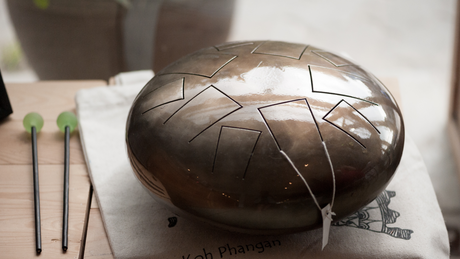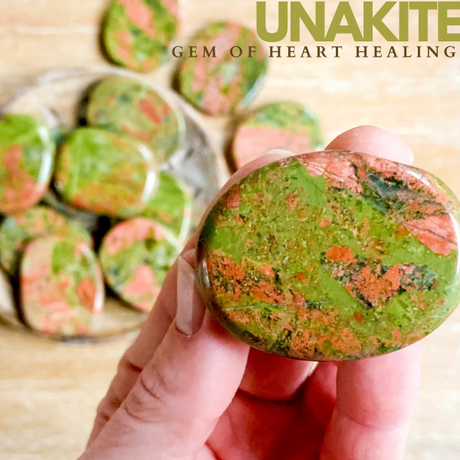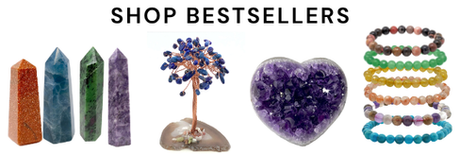Golden Amphibolite
This coarse-grained rock rich in amphibole minerals with golden yellow surface luster is traded as Golden Amphibolite. It is found in several places on Earth. Commercially available specimens come from the USA (Wyoming, New Hampshire, Massachusetts) or from western Australia. Visually, Golden Amphibolite differs considerably from normal amphibolite rock. The latter usually has a speckled appearance in black and white with a medium to coarse grained structure with frequent banding (nickname: Salt & Pepper rock). Its main components are plagioclase feldspar (mostly white to light grey in color) and amphibole minerals (hornblende or anthophyllite). The latter usually look black but can also range from brown to dark grey. Amphiboles in such bright golden yellow colors as seen in the Golden Amphibolite are rarely found. Studies by Dietrich et al. (1988) of a Golden Amphibolite from Wyoming showed that the amphibol minerals have partially or completely decomposed in several stages to a mixture of goethite and opaline quartz. The mineral composition is not visible macroscopically but determinable by microscopic, radiographic and chemical examinations as conducted by Dietrich et al. It is likely that Golden Amphibolites from other parts of the world developed their color due to a partial decomposition as well. This process produces thin platlets and flakes of iron oxides (Goethite) that are responsible for the conspicuous iridescent golden luster. Golden Amphibolite« is created by nature through the metamorphic transformation of magmatic gabbro or volcanic basalt (ortho-amphibolite) at temperatures between 500° - 700° Celsius and a pressure of 5 - 10 kilobar (which corresponds to a depth of about 15 to 30 kilometers). Such conditions prevail in orogenesis processes during regional metamorphism. The amphibolite, most likely grunerite , has now been largely altered to hematite, goethite and quartz and it displays a beautiful golden iridescence. Also called "Gold Leaf Stone" it occurs in the Pilbara region of Western Australia on Abydos Station approximately 120 km south of Port Hedland.
Golden Amphilbolite is used for protection, as it not only repels, but also sends back the negative energies to the sender. Spiritually, it assists us in achieving a state of certainty without wilfulness, allowing us to easily adapt to the best path to take. Golden Amphilbolite is a “stone of courtesy”, especially helpful to people who greet and assist the public. It will even instil a polite nature in those around you. Emotionally, it promotes a loving and unprejudiced discernment within us. It provides the ability to resolve unsettled emotions in our life. Mentally, Golden Amphilbolite provides us with the courage to act on our thoughts and feelings. It instils the courage to follow through with life path decisions.












